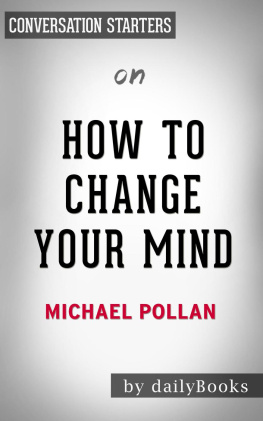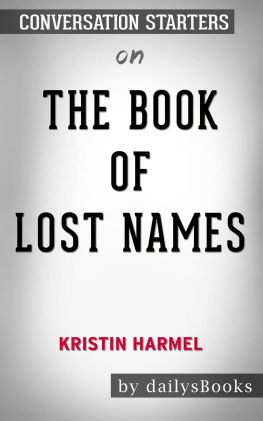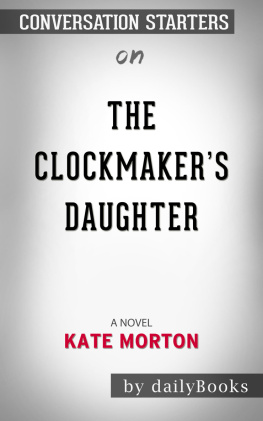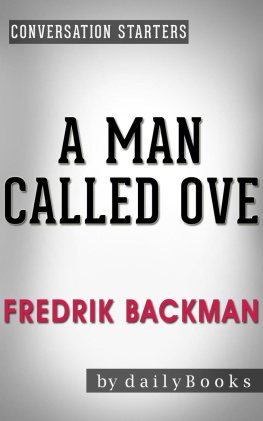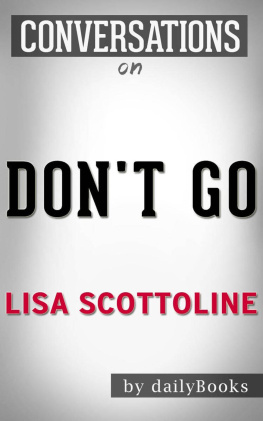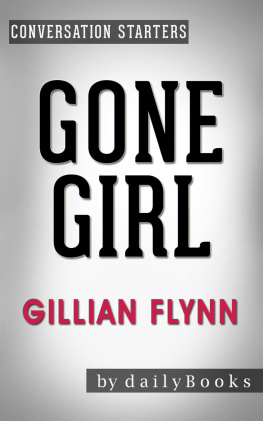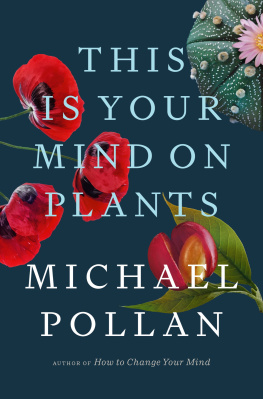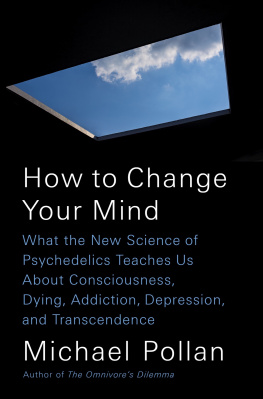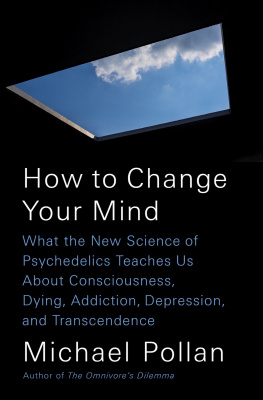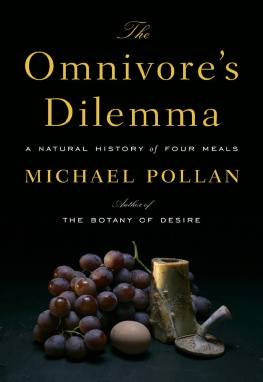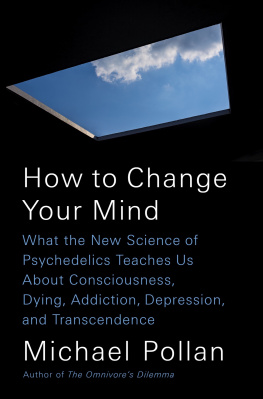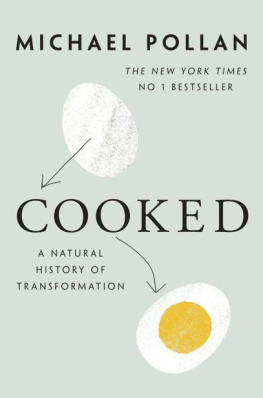Conversation Starters
for
Michael Pollans
How To Change Your Mind
By dailyBooks
Bonus Downloads
Get Free Books with Any Purchase of Conversation Starters

Every purchase comes with a FREE download!

or Click Here.

Scan Your Phone
A bout Us:
THROUGH YEARS OF EXPERIENCE AND FIELD EXPERTISE, from newspaper featured book clubs to local library chapters, dailyBooks can bring your book discussion to life. Host your book meets as we discuss some of todays most widely read books.
Copyright 2018 by dailyBooks. All Rights Reserved. Published in the United States of America
Disclaimer: This is an unofficial conversation starters guide. If you have not yet read the original work we encourage you to do so first before reading this Conversation Starters Product names, logos, brands, and other trademarks featured or referred to within this publication are the property of their respective trademark holders and are not affiliated with dailyBooks. The publisher and author make no representations or warranties with respect to the accuracy or completeness of these contents and disclaim all warranties such as warranties of fitness for a particular purpose. This guide is unofficial and unauthorized. It is not authorized, approved, licensed, or endorsed by the original book's author or publisher and any of their licensees or affiliates. No part of this publication may be reproduced or retransmitted, electronic or mechanical, without the written permission of the publisher.
Tips for Using dailyBooks Conversation Starters:
EVERY GOOD BOOK CONTAINS A WORLD FAR DEEPER THAN the surface of its pages. The characters and their world come alive through the words on the pages, yet the characters and its world still live on. Questions herein are designed to bring us beneath the surface of the page and invite us into the world that lives on. These questions can be used to:
- Foster a deeper understanding of the book
- Promote an atmosphere of discussion for groups
- Assist in the study of the book, either individually or corporately
- Explore unseen realms of the book as never seen before
Table of Contents
Introducing How To Change Your Mind
M ichael Pollan is the author of seven New York Times bestsellers. These include Food Rules, In Defense of Food, The Omnivores Dilemma, and The Botany of Desire. In his newest bestseller How to Change Your Mind: What The New Science of Psychedelics Teaches Us About Consciousness, Dying, Addiction, Depression and Transcendence, he conducts a brave investigation into the medical and scientific revolution of psychedelic drugs.
Michael Pollan research how hallucinogens Lysergic acid diethylamide (LSD) and psilocybin from magic mushrooms provide relief to those whose sufferings are too great for ordinary medicines. Pollan researches how these psychedelic drugs help those who are battling with depression, addiction and anxiety. He discovered that these substances are also helping healthy people who face everyday challenges. With this discovery, he further explored the landscape of the mind, altered states of consciousness and brain science. He found a number of patients who are treated by a thriving community of underground psychedelic therapists.
Michael Pollan begins his book with the history of research on psychedelics and the pioneering experiments of their therapeutically use. He writes about Albert Hoffmans problem child in the late 1940s. He recounts how Lysergic acid diethylamide (LSD) and psilocybin made its way fro laboratories to the hands of therapists, researcher and intellectuals in Europe and North America. These drugs continued to penetrate these circles until the early 1970s. The researches made about these substances are often promising. They combined psychotherapy, psychedelics and other modalities for experimentation. These experimentations were poorly designed and insuffiently rigorous but surprisingly they became widespread. However in the late 1960s, these were shut down in the wake of counterculture backlash.
This shut down gave birth to the underground community of therapist and patients of psychedelic drugs. A subculture was formed. Here they continued experimentation and covert cultural practices. These went on inspite of the government disapproval of these researches. It slowly emerged in the late 1980s and early 1990s. Thanks to the dedicated scientists and researchers at Johns Hopkins and NYU, among others, the research has regained the momentum it has lost in decades. The focus of clinical trials are challenging medical problems such as reducing death anxiety in terminal patients and addressing PTSD, depression and addiction. Surprisingly these trials yielded extremely positive results. Michael describes these results in detail. However only a handful of patients have been treated. These clinical trials need to be expanded and confirmed further before they penetrate into the medical mainstream.
Half of Pollans book is dedicated to the decades of history of psychedelics and its therapeutic uses. He also reported on the current neuroscience of its effects. Michael Pollan also shared personal accounts of psychedelic experiences. Scores of people have taken part in past and contemporary psychedelics-aided therapy trials. They gave powerful subjective accounts of the lasting life-changing shifts in perspective. Through these interviews, Pollan writes that humans seem to thrive when they feel a connection to something greater than themselves.
Pollan was aware theat he wouldnt be able to speak authoritatively about this subject without a direct experience. So he bravely took it upon himself to experiment on several substances that his interviewees have delved on. He tried several substances and wrestles with potential benefits and risks of drugs in his own mind. Pollan dabbled in cannabis, magic mushroom, LSD and so on. Pollan sees himself as a secular rationalist. What he feared in the beginning of his research is that he will be forced to have introspection. He often hears reports of mystical and quasi-mystical experiences. This is outside his comfort zone. In How to Change Your Mind , Pollan became brutally honest about his fears, doubts and prejudices. Pollans personal accounts is the part where How to Change Your Mind penetrates most deeply. As Pollan engages in these experiences, he begins to question his mindset and his perspective about suffering and joy and the meaning of life itself.
J.P. Harpignies of Bioneers.org calls Pollan a genius who achieved the right mix of passion and dispassion, immersion and analysis. Publishers Weekly describes How To Change Your Mind thought-provoking and eminently readable. Science Magazine praises How to Change Your Mind as it beautifully updates and synthesizes the science of psychedelics. Former director of National Institute of Mental Health and co-founder and president of Mindstrong Health Dr. Thomas R. Insel commends Pollans brilliant work that make us all wonder what it means to be fully human, or even what it means to be. Author and Zen Buddhist Priest Peter Coyote praises Michael Pollans extraordinary achievement that places drugs at the center of a potential revolution in medicine. Fantasyland author Kurt Andersen, calls How To Change Your Mind the perfect guide to todays dawning psychedelic renaissance.
Next page
